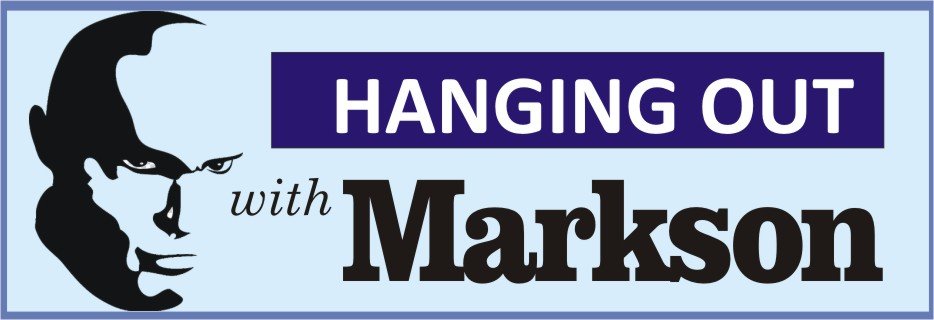 Markson Ibibo
Markson Ibibo
Port Harcourt — Government, both at the federal and state levels seem to agree that locking down cities is a potent anti-COVID-19 medicine. On March 29, President Muhammadu Buhari announced a lock down of Abuja, Lagos and Ogun states effective the following day because of the rapidly rising cases of COVID-19 in these commercial and political nerve centres. Then state governors followed, announcing shutdowns in towns, villages and markets. In my own state, Rivers, we had streets and quarters of Port Harcourt locked down because some quick-thinking Garden City dwellers converted street corners to markets, defeating the government’s aim to restrict movement and stop the spread of the disease by closing down markets and other commercial centres. In Edo State, the government decided to lockdown Benin between 7pm and 6am, sentencing night owls to temporary damnation. Following on from these worthy examples, I have also decided to impose a lockdown in my household, details of which are only known to the sufferers!
But are these lockdowns working? First, it is not easy to enforce the lockdown because, Nigeria being the poverty capital of the world, many families will starve if they don’t hustle daily. Second, the restriction has been uncoordinated and not the result of a policy alignment across the federation. While some states locked down others keep their doors open. If our leaders took time to think through their policies, they would have known that, in a country of 200 million people across 36 states, shutting down one part temporarily only delays the visit of COVID-19. When the gates are open, people will come in and go out. A risky part of COVID-19 is that some people are asymptomatic, healthy carriers that can infect others.
It should be clear that lockdowns must be applied as one weapon in an entire arsenal deployed to stop the spread of a disease that does not respect borders. Health experts agree that a step to achieving this is to identify carriers early enough through testing. But test kits are in short supply, so sub-standard and fakes abound. While people are keen to test to know their status, health workers argue, and rightly too, that, were they to welcome everybody, it will stretch man and machine. They therefore take in only those who are symptomatic, and this is where Nigeria, Africa’s most populous nation, has plenty of headache. As at April 14 2020, we had only 12 functional testing facilities in eight states, with a capacity to conduct 1,500 tests per day in Lagos and 1,000 tests per day in Abuja and other states. Not surprisingly, just 7,100 tests have officially been carried out. But Ghana, with 30 million people, has carried out over 68,000 tests while South Africa, with a population of 58 million, has conducted more than 114,000. Sadly then, we do not know the prevalence of COVID-19 in Nigeria.
The Nigerian Centre for Disease Control (NCDC) wants to scale up diagnostic testing to cover the 36 States and Abuja, working with donors, partners and the private sector. Among other things, the NCDC promises to “expand testing capacity to six more molecular laboratories in the country, resulting in a total of 14 laboratories.” In May 2020, it “will begin testing for COVID-19 in existing HIV/TB laboratories (which will also enable routine and systematic testing of health workers,) and roll out mass testing to survey the population, learn more about the virus and contribute to research and development, between May and September 2020.”
The NCDC deserves the support of all Nigerians in its ambitious plans. And this will may surprise you – I’m for obeying the lockdown rules. Social distancing and restriction of movement will offer a short term route to stop the spread of the virus, even as the NCDC’s plans and programmes on increased testing mature to take on the mass movement of people when the city gates are unlocked. In the meantime, the Federal and state governments must coordinate their policies and present a holistic front and not fight for attention or sentiments. The brouhaha between the Federal Government and the Rives State Government over the transportation of oil workers to Port Harcourt is embarrassing and utterly pointless at this time of global emergency. Why fiddle when COVID-19 makes deadly progress on the health and economic fronts? As at 19th April 2020, Nigeria had 627 confirmed cases with 170 discharged and 21 deaths. Many people – and I’m one of them – believe the figure could have been higher if we had more tests. And the International Monetary Fund has said Nigeria and other African countries require some $114bn to finance the campaign against the outbreak on the continent. If we simply lock down cities and streets without combining it with other measures, we are shutting our eyes to the reality of COVID-19.
